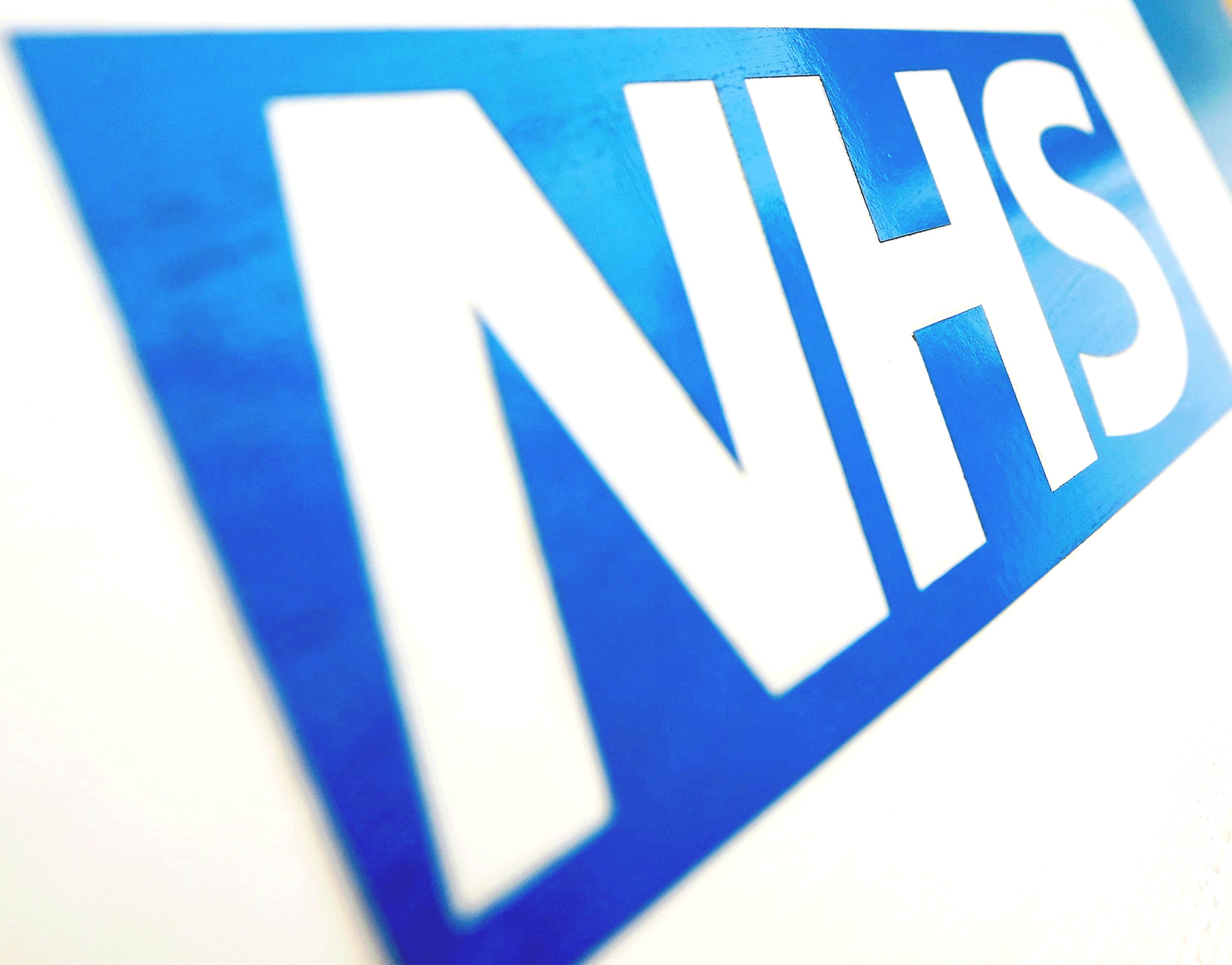Changes will give NHS patients ‘quicker access to new medicines’
The body said that its proposals, which are expected to be approved by its board on Wednesday, will make patient access to new treatments ‘fairer’.

Changes to the way medicines and devices are assessed for NHS use in England will give patients “better access to life-changing medicines”, experts have said.
The National Institute for Health and Care Excellence (Nice) has proposed a raft of measures changing the way that it assesses new medicines and devices for NHS use.
The body said that its proposals, which are expected to be approved by its board on Wednesday, will make patient access to new treatments “fairer”.
If approved, Nice said that the measures would give patients quicker access to new treatments because those assessing them will have greater flexibility in decision making.
The changes being discussed will provide a robust foundation for our evaluations now and in the future and enable us to continue to lead the way in rapid, independent health technology assessments
Those making decisions about which treatments should be available on the NHS will also give greater weight to the lived experiences of patients.
Nice chief executive Professor Gillian Leng said: “Our vision at Nice is to be at the forefront of delivering access for patients in the NHS to valuable, evidence-based innovative medicines, medical devices and diagnostics.
“The changes being discussed will provide a robust foundation for our evaluations now and in the future and enable us to continue to lead the way in rapid, independent health technology assessments.”
Commenting on the reforms, Paul Catchpole from the Association of the British Pharmaceutical Industry said: “The changes set to be approved will help support better access to life-changing medicines.
“We share Nice’s ambition for fairness and equity of access to the latest medicines, including those for rare diseases.”